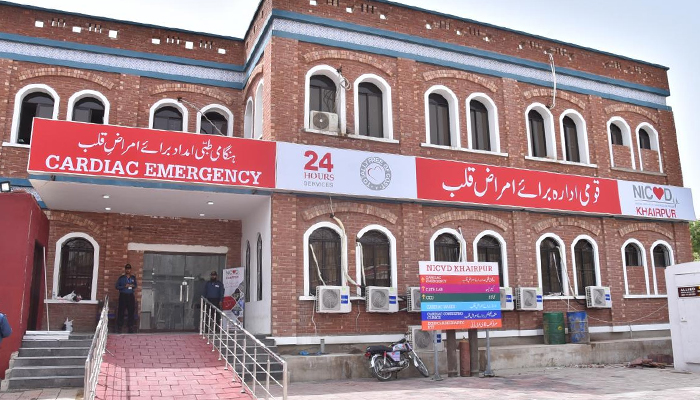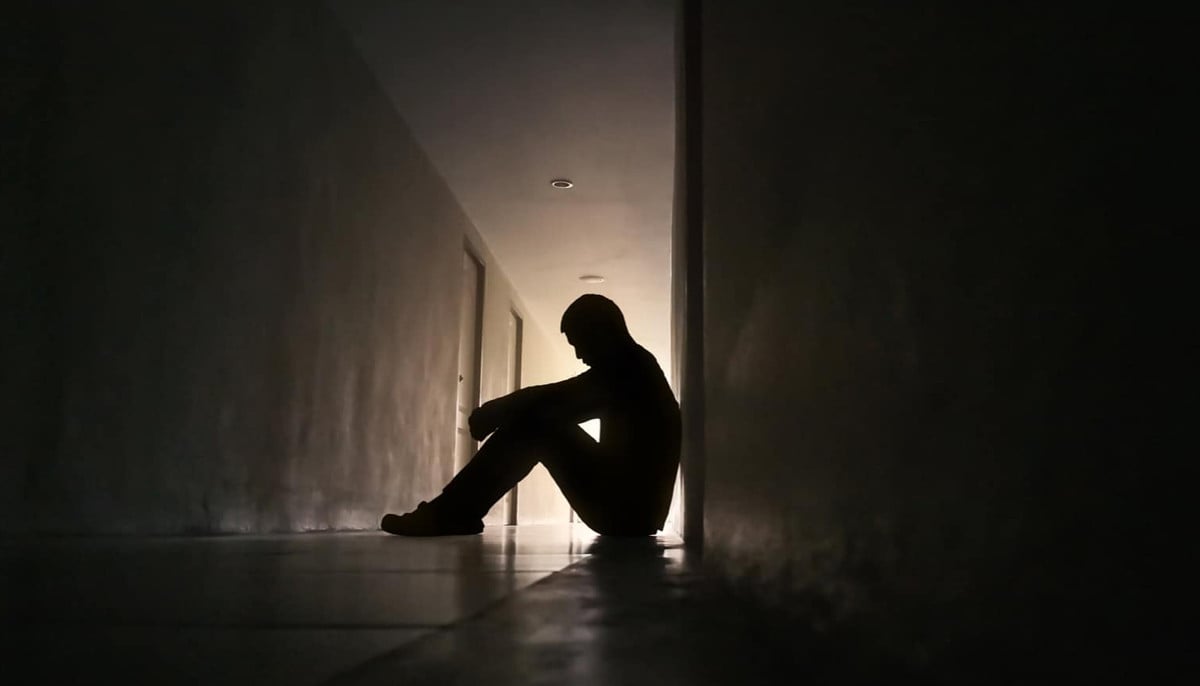Sindh closes OPDs at major public hospitals closed for next 15 days
The move was made to prevent patients as well as healthcare workers from coronavirus infection
KARACHI: The government of Sindh on Monday announced the closure of out-patient departments (OPDs)at all major public health facilities across the province for the next 15 days after coronavirus cases in the country crossed 237.
The move was made to prevent patients as well as healthcare workers from coronavirus infection.
A Sindh government spokesperson said the OPDs at National Institute of Cardiovascular Diseases (NICVD) Karachi and its satellite centres in the province, Civil Hospital Karachi (CHK), Jinnah Postgraduate Medical Center (JPMC), National Institute of Child Health (NICH), as well as all the Sindh government hospitals and district health facilities, would remain closed for 15 days, effective Wednesday.
The official maintained that emergencies of all the public health facilities would remain functional 24/7 and advised people to keep a distance from the public hospitals in case of ordinary diseases and symptoms. He also urged that only serious patients should visit emergencies to minimise the burden on the health facilities.
Officials associated with major public hospitals in the province feared an influx of patients at their emergencies after the OPDs' closure and urged people to stay away from the hospitals without any real emergency.
With the OPDs' closure at the public health facilities, health experts said patients should avail the facility of telemedicine, which is now being used by several health facilities and doctors, who are examining the patients through the internet and prescribing them medicines.
"One such health facility is Ehad Medical Center in Bahadurabad and near Karimabad where telemedicine services are available and people can approach doctors through internet and phone," Yasir Hashmi, a senior pharmacist, said. "These telemedicine facilities would be very crucial and helpful when OPDs at the public and private hospitals would be closed."
Another senior telemedicine expert, Dr Zakiuddin Ahmed, said with the closure of the OPDs, a large number of patients would be unable to interact with their doctors directly. However, telemedicine was an area in which people could speak to their physicians, get themselves examined, and get the medicines prescribed for them.
"Telemedicine is crucial and important for countries like Pakistan where in some cases, people have to travel to large distances to get consultation from doctors. This results in heavy transportation costs, loss in precious working hours and agony to patients. This can be avoided by using the telemedicine facility and option," Dr Ahmed added.
-
Selena Gomez explains why she thought lupus was 'life-or-death'
-
How Kim Kardashian made her psoriasis ‘almost’ disappear
-
Nick Jonas gets candid about his type 1 diabetes diagnosis
-
Sir Jackie Stewart’s son advocates for dementia patients
-
5 celebrities you didn't know have experienced depression
-
Late James Van Der Beek inspires bowel cancer awareness post death
-
Bella Hadid talks about suffering from Lyme disease
-
Gwyneth Paltrow discusses ‘bizarre’ ways of dealing with chronic illness












